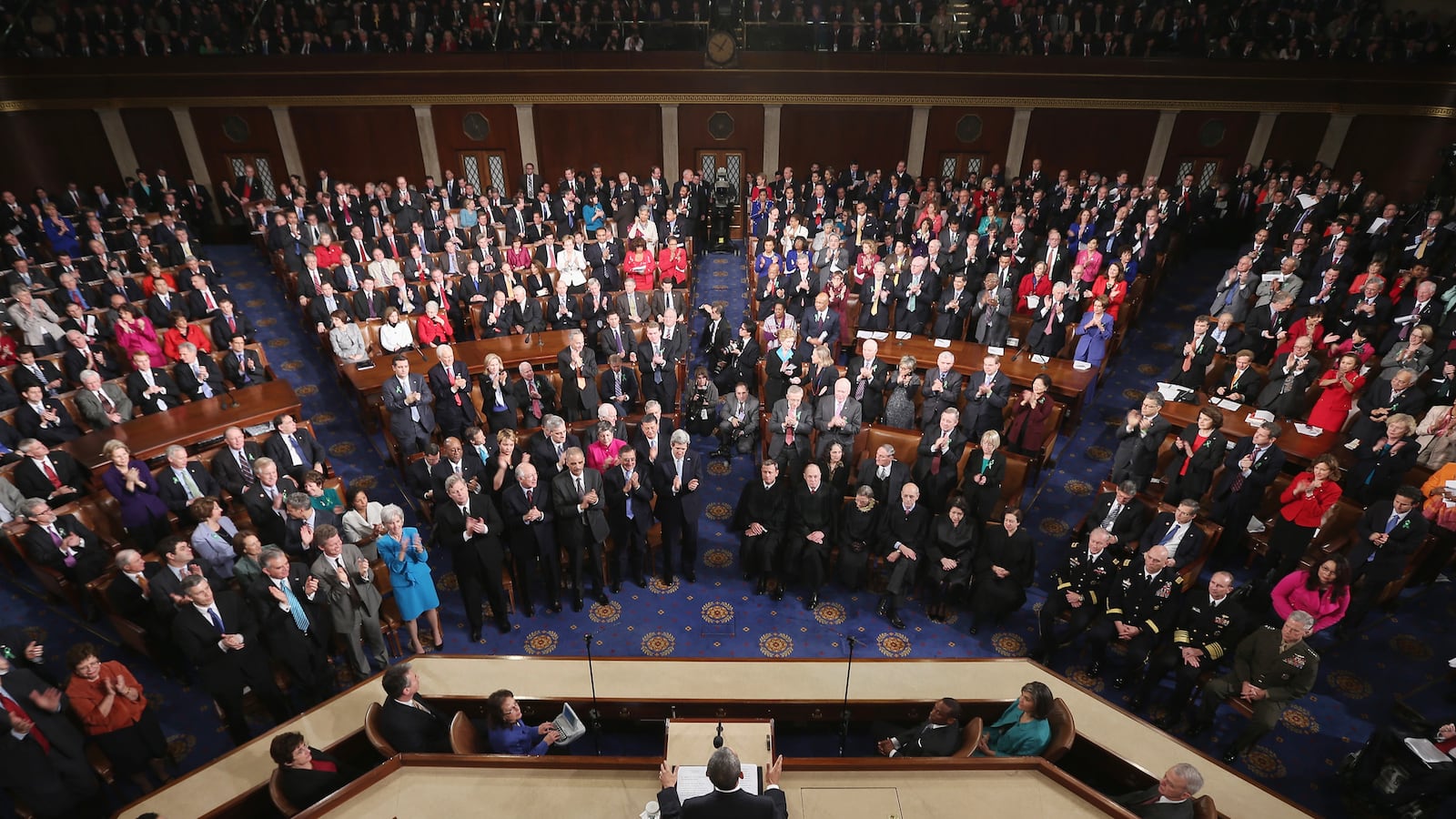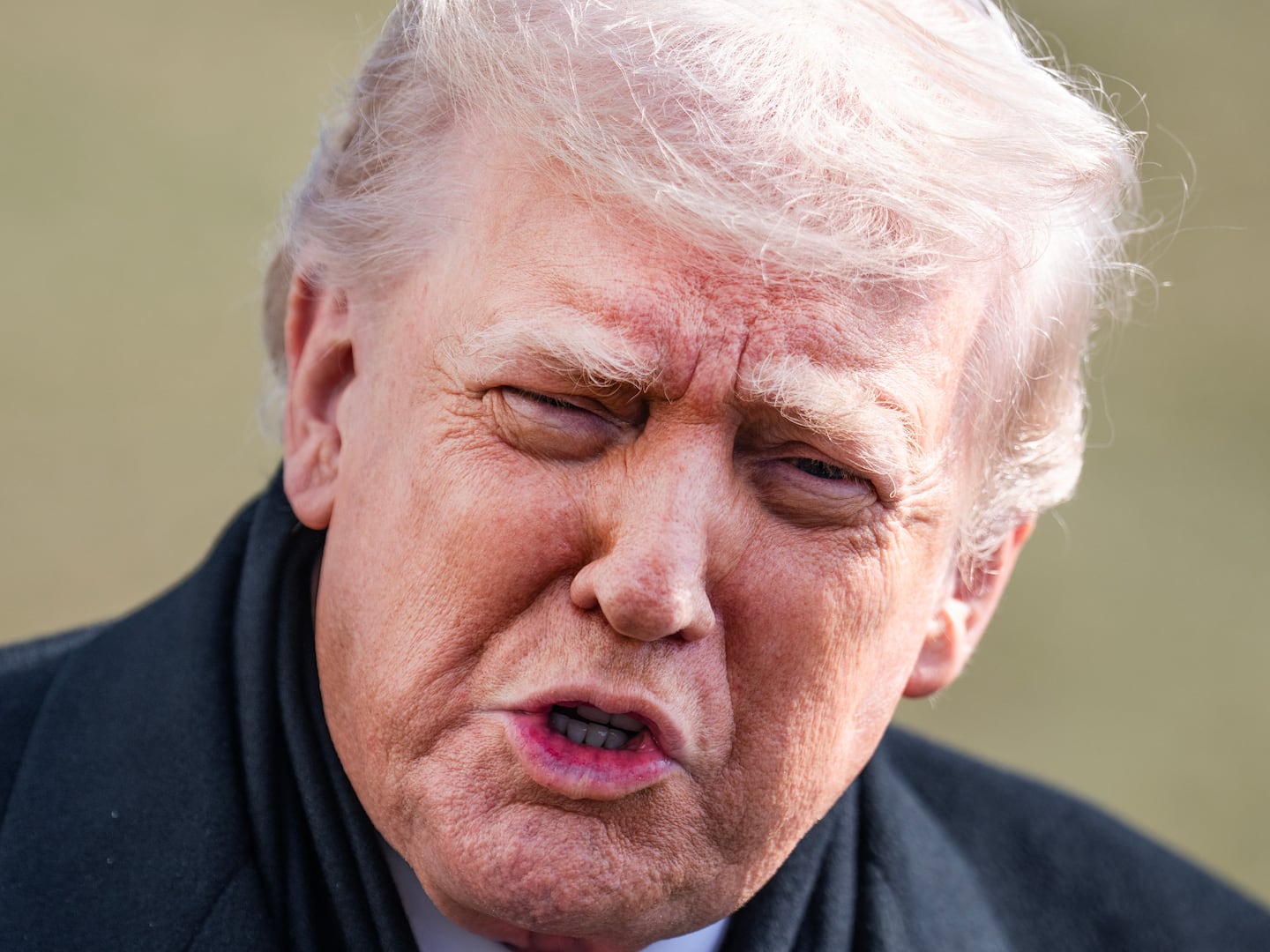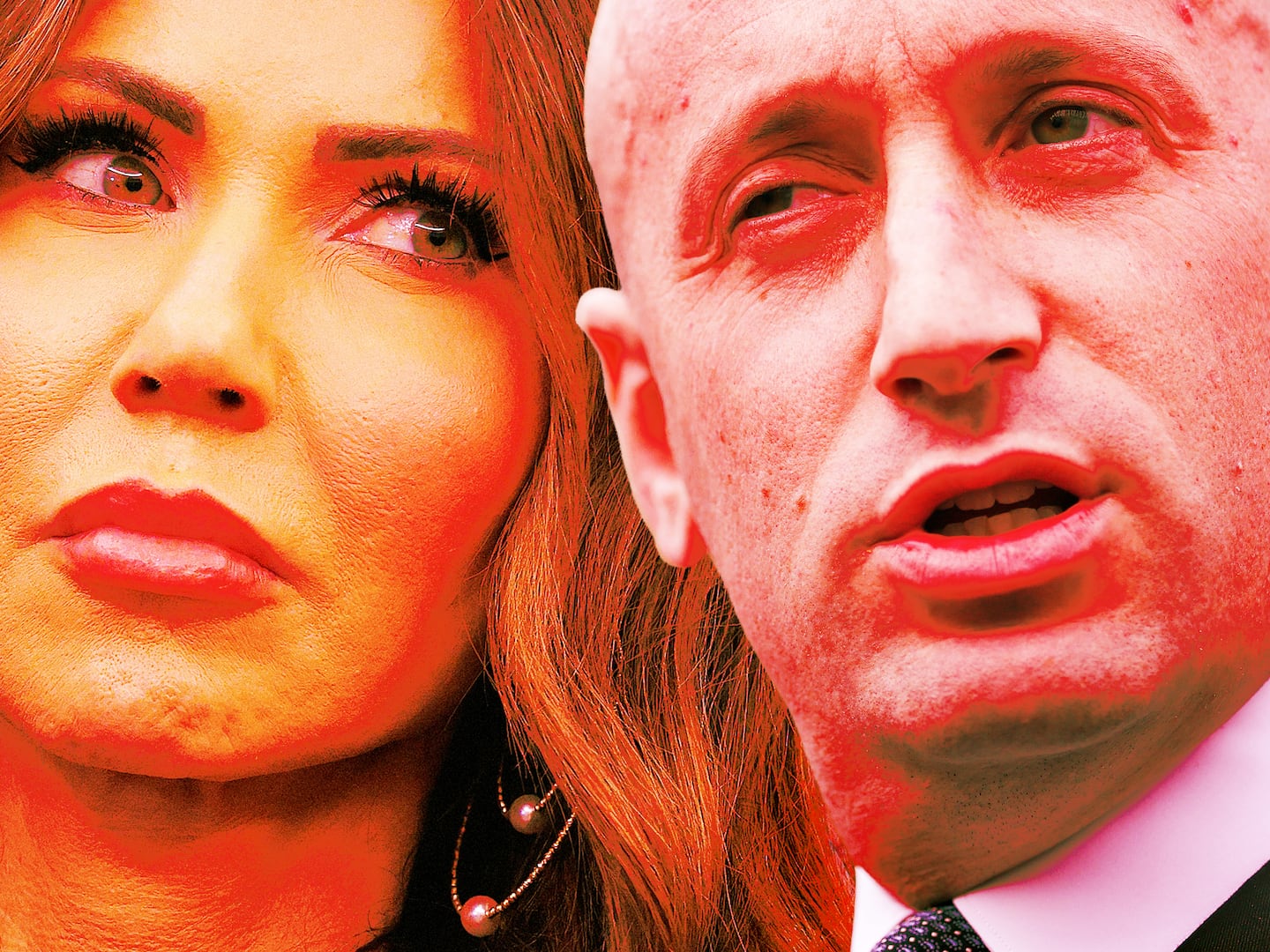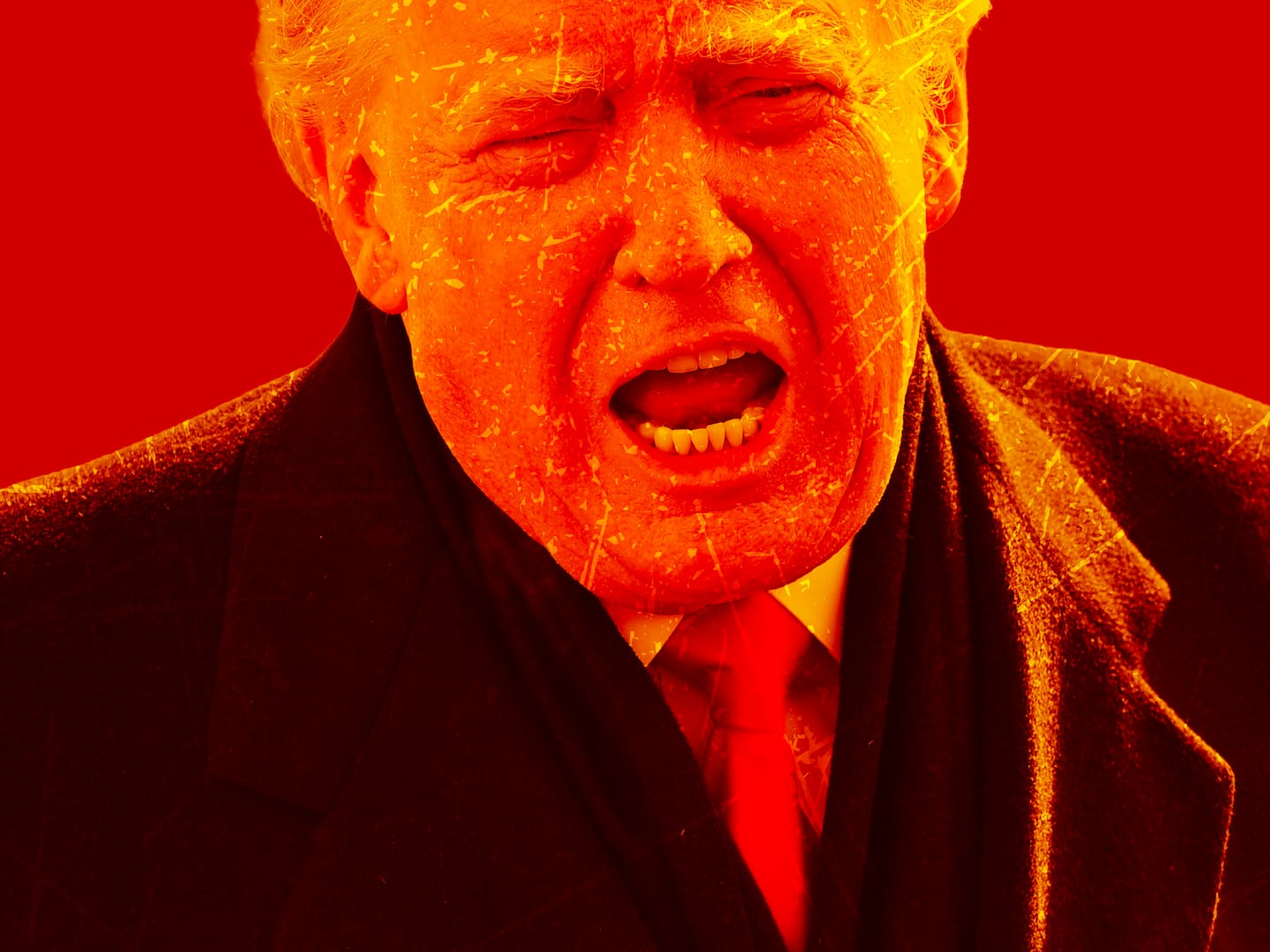
Tuesday night, President Obama said the state of the union is strong. But how strong were all of his claims? Let’s take a look at what the Internet’s best fact checkers have to say about the President’s speech.
“I urge this Congress to pursue a bipartisan, market-based solution to climate change, like the one John McCain and Joe Lieberman worked on together a few years ago. But if Congress won’t act soon to protect future generations, I will.”
President Obama isn’t exactly innocent in allowing the cap-and-trade legislation backed by McCain and Lieberman to die out, Politico clarifies. He did help shepherd a climate bill through the House of Representatives in 2009, but he also drained much of the energy that the Senate could have spent on climate-change legislation by generating support for other priority policies, like Wall Street regulations and health-care reform. What’s more, the senators proposing similar bills now are liberal Democrats, which suggests a bipartisan solution may be a stretch.
“After shedding jobs for more than 10 years, our manufacturers have added about 500,000 jobs over the past three.”
These numbers are accurate, according to Bureau of Labor Statistics data—though Politifact does make sure to point out that those jobs are a fraction of the number that were lost in the preceding decade, which includes Obama’s first year in office. The New York Times goes a bit further, noting that not only are there nearly 3 million fewer manufacturing jobs in the U.S. than there were 10 years ago, but that economists don’t foresee a revival of the American manufacturing industry any time soon.
“Let’s declare that in the wealthiest nation on Earth, no one who works full-time should have to live in poverty, and raise the federal minimum wage to $9 an hour ... Working folks shouldn’t have to wait year after year for the minimum wage to go up while CEO pay has never been higher.”
It isn’t really a question whether President Obama’s pledge to raise the minimum wage to $9 an hour is true, so much as whether it is as bold as it sounds, or likely to actually happen. Politico says it’s not, since four years ago, one of Obama’s campaign pledges was to raise the minimum wage to $9.50 by 2011, and he pretty much gave up on that pledge once the economy began to seriously plunge. It’s also difficult to see how such legislation would make its way through the Republican-controlled House.
“Earlier today, I signed a new executive order that will strengthen our cyberdefenses by increasing information sharing, and developing standards to protect our national security, our jobs, and our privacy. Now Congress must act as well, by passing legislation to give our government a greater capacity to secure our networks and deter attacks.”
It is true that President Obama did, in fact, sign such an executive order, but The New York Times clarifies that it “is not very powerful and was certainly not the administration’s first choice.” As evidenced by the president’s call on Congress to act, he is hopeful that they will pass major cybersecurity legislation, like the one that Senate Republicans—led by John McCain—killed last year.
“Real reform means strong border security, and we can build on the progress my administration has already made—putting more boots on the southern border than at any time in our history and reducing illegal crossings to their lowest levels in 40 years.”
This is not the first time Obama has claimed to have brought down illegal immigration from Mexico to its lowest point in 40 years, and Politifact has already rated the claim “half true.” Yes, there are more Border Patrol agents on the ground now than ever before and the flow of immigrants from Mexico into the U.S. has reached an all-time low—but President Obama alone cannot take credit. Politifact argues that the expansion of Border Patrol that has cracked down on illegal crossings began under the Bush administration. It’s also noteworthy that the slowdown in illegal immigration coincides with a drop to zero net immigration from Mexico, according to Pew, which attributes the plunge to a variety of factors, including the “weakened U.S. job and housing construction markets.”
“Democrats, Republicans, business leaders, and economists have already said that these [budget] cuts, known here as ‘the sequester,’ are a really bad idea.”
Obama explicitly blamed Congress for the sequester, which would trigger severe automatic spending cuts, during his final debate with Mitt Romney, but Politifact has deemed that claim “mostly false.” During the summer of 2011, as Obama negotiated with House Speaker John Boehner over a “grand bargain,” they agreed to empower a “supercommittee” of lawmakers to find $1.2 trillion in spending cuts. To make sure that happened, they agreed to an unusual provision, the sequester, in which across-the-board cuts, including the Defense budget, that neither party wanted would kick in automatically if the committee failed to agree on cuts—which is what happened. Politifact notes that Obama’s negotiating team came up with the idea to cut the Defense budget in the first place.
“Over the last few years, both parties have worked together to reduce the deficit by more than $2.5 trillion—mostly through spending cuts, but also by raising tax rates on the wealthiest 1 percent of Americans.”
This is true. Think Progress points out that “nearly three-quarters of that deficit reduction is in the form of spending cuts, while the remaining one-quarter comes from revenue increases.”






